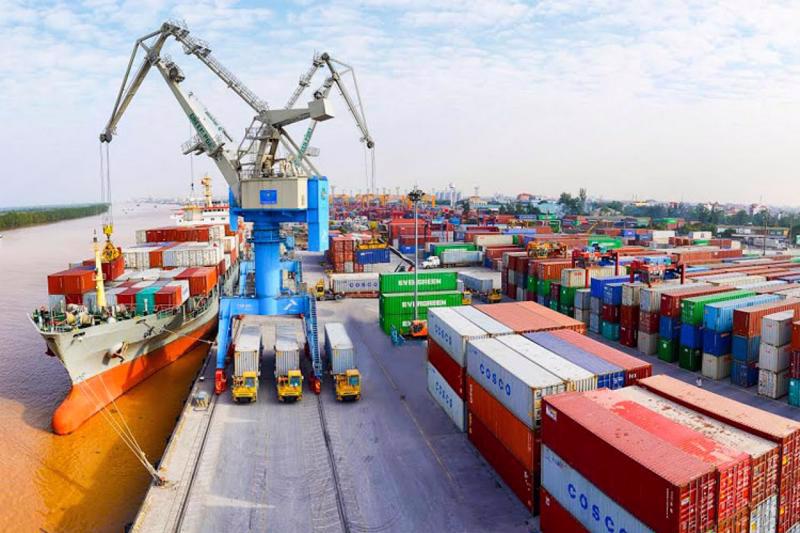The World Bank (WB) flagged Vietnam’s rising inflation rate in a report released on December 14.
Entitled Vietnam Macro Monitoring, the report shows that core inflation increased from 4.5 per cent in October to 4.8 per cent in November.
The CPI reached 4.4 per cent year-on-year in November, up 0.1 percentage points from the previous month, with food and housing being two major contributors.
Retail sales growth was 17.5 per cent in November, down from 20.7 per cent in October.
Due to weaker external demand, growth in industrial production declined 5.3 per cent year-on-year in November; the lowest rate since last February. The manufacturing Purchase Manager Index (PMI) also slipped below the 50-point benchmark for the first time since October 2021.
Total FDI was down 1.9 per cent year-on-year in the month while disbursement posted growth of 4.4 per cent.
Credit growth fell from 16.5 per cent in October to 15 per cent in November, as domestic financial conditions tightened after the State Bank of Vietnam (SBV) raised key interest rates in September and October. The average overnight interbank interest rate remained high at 5.7 per cent in November.
As of the end of the month, the national budget was in surplus to the tune of $12.1 billion, equivalent to about 3 per cent of GDP.
The report noted that two drivers of Vietnam’s economic growth - exports and domestic demand - are moderating.
Softer external demand has weighed on Vietnam’s exports. A post-pandemic consumer rebound is slowly taking shape and tighter domestic financial conditions and rising inflation may affect domestic demand in the future, according to the report.









 Google translate
Google translate